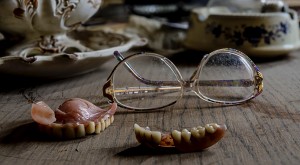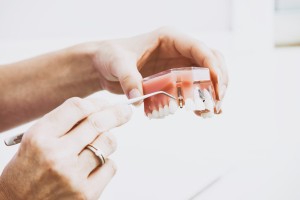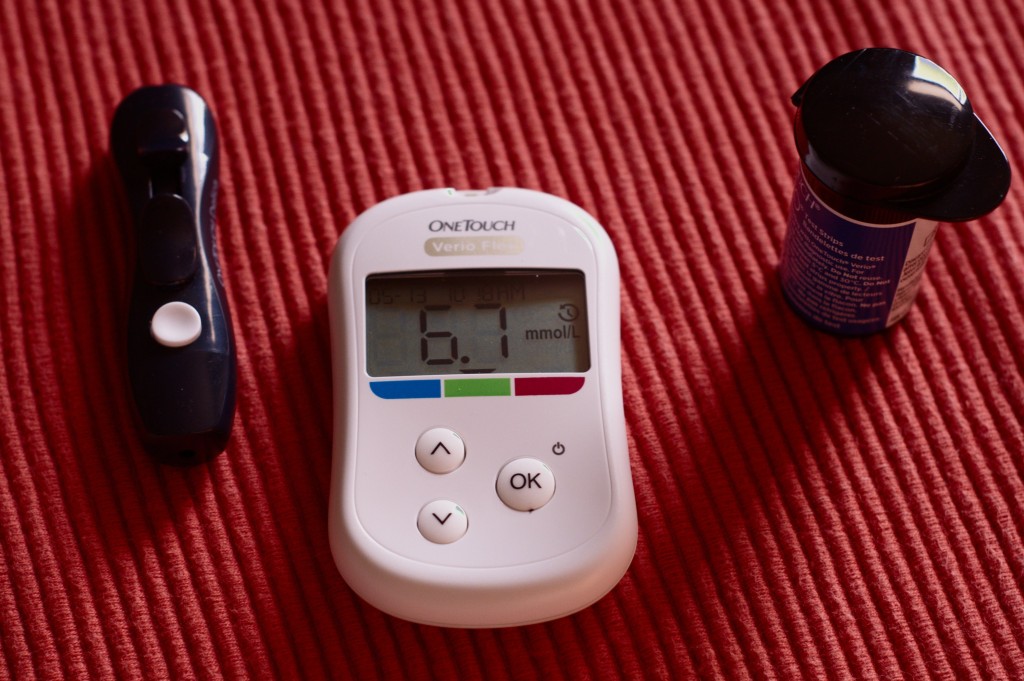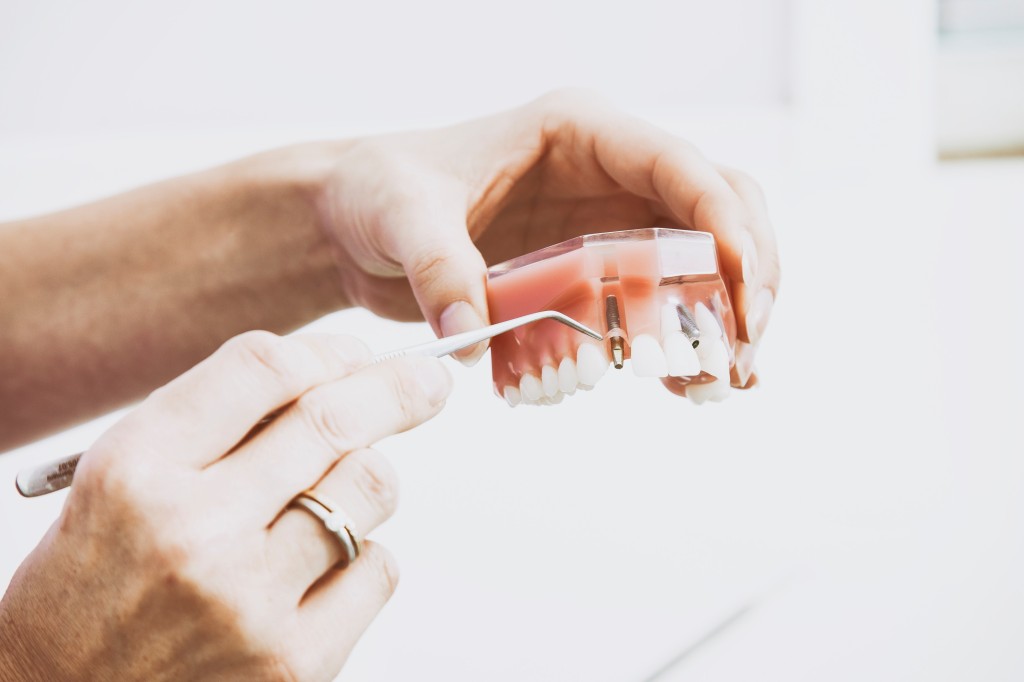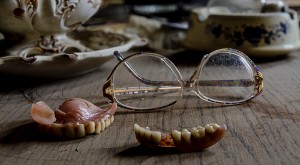In many cases, adding dental implants in Portland OR can make your dentures feel more natural and help them function better in comparison to dentures worm without an implant anchor. This process will provide you with much more confidence and freedom.
Those who already have implants will find that they experience even more improved denture function with dental implants.
Why do dental implants help denture function?
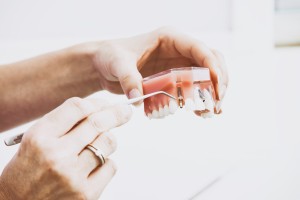 In the case of replacing single missing teeth, your dental implant becomes your new permanent tooth replacement option. It uses a small titanium post that is inserted into the jawbone, serving as the “tooth root.” This life-like dental crown is attached to the post, creating a natural-looking and natural-feeling replacement for your tooth.
In the case of replacing single missing teeth, your dental implant becomes your new permanent tooth replacement option. It uses a small titanium post that is inserted into the jawbone, serving as the “tooth root.” This life-like dental crown is attached to the post, creating a natural-looking and natural-feeling replacement for your tooth.
Now when a patient is completely toothless and has dentures, a specialized “locator attachment” is used in place of a crown. The attachment is made to anchor the denture to the implant, resulting in an easy-to-wear denture option. When you have an implant to serve as an anchor, your dentures function will more naturally.
Dental implants are being advertised every day, helping make patients more aware than ever of their benefits and accessibility.
Here are a few things to know…
1. Dental implants are quite often the best thing for patients who are missing a tooth or multiple teeth. An implant or implant-supported restoration could last up to 30 years or more, contributing to patients’ oral health and overall well-being.
2. Many physical and emotional factors lead to patients wanting implants:
- Missing teeth
- Bone deterioration
- Improving smile or face shape.
From the clinician’s perspective, good candidates are patients who exhibit adequate bone support, good overall health, are not at risk for periodontal disease, and exhibit excellent oral hygiene. Risk factors to consider include health history, smoking, systemic disease, current medications and history, malocclusion, parafunctional habits, and even unrealistic expectations. Many risk factors will impact a successful clinical outcome if they can’t be resolved.
3. Tooth extraction is very technique sensitive, especially in the anterior. Care must be taken to ensure that sufficient bone and tissue are preserved to support an implant and a natural, esthetic emergence profile. If not enough bone exists to support immediate placement /loading, a bone graft can help support the soft tissue until an implant can be placed.
Whether disease, decay, or trauma has caused tooth loss, if a tooth can’t be replaced immediately, the surrounding bone may begin to shrink or resorb. Severe bone loss can make it impossible to place a dental implant later. A small block of substitute bone such as an allograft can be shaped to restore the ridge to its original form to prevent bone loss. Once the bone block is secured in place with titanium screws, additional bone material can be used to cover the surrounding area and create a more natural final shape.
4. Dental implants in Portland OR are supposed to last a lifetime. Patient education is the best defense for the long life of implant restoration. Patients should understand that an implant’s success depends on their home care as well as continued overall health.
5. Compliance may be aided by explaining that their oral hygiene regimen will be essentially the same as for their natural teeth – brushing, flossing, and professional teeth cleaning – although they may be asked to use special brushes and interdental products, low-abrasive or low pH toothpastes, and different techniques or irrigation technologies to avoid damaging the various implant component surfaces. They also may need to have additional professional cleaning sessions to reduce plaque and prevent periimplantitis, depending on their oral health and compliance.
 Your dentures are designed to give you significant improvement to your daily oral function, but current denture wearers will let you know that they aren’t perfect. That said, once you get past the learning curve, you will begin to find that it’s much easier to eat certain foods or speak normally with dentures.
Your dentures are designed to give you significant improvement to your daily oral function, but current denture wearers will let you know that they aren’t perfect. That said, once you get past the learning curve, you will begin to find that it’s much easier to eat certain foods or speak normally with dentures.
Here at Classic Denture Center, we do not place implants. We create your new dentures and place them over your implants. To discuss whether dental implants would be right for your oral health, contact us today!
 By the year 2000, the United States Surgeon General issued a report on the national oral health status. This report formally acknowledged the association between periodontal disease and the following conditions:
By the year 2000, the United States Surgeon General issued a report on the national oral health status. This report formally acknowledged the association between periodontal disease and the following conditions: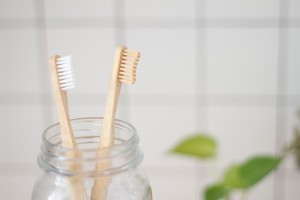 In order to maintain your oral health, it is important to take part in routine dental appointments. This will help with the early detection of both oral and systemic diseases. In turn making treatment as manageable and effective as possible!
In order to maintain your oral health, it is important to take part in routine dental appointments. This will help with the early detection of both oral and systemic diseases. In turn making treatment as manageable and effective as possible!